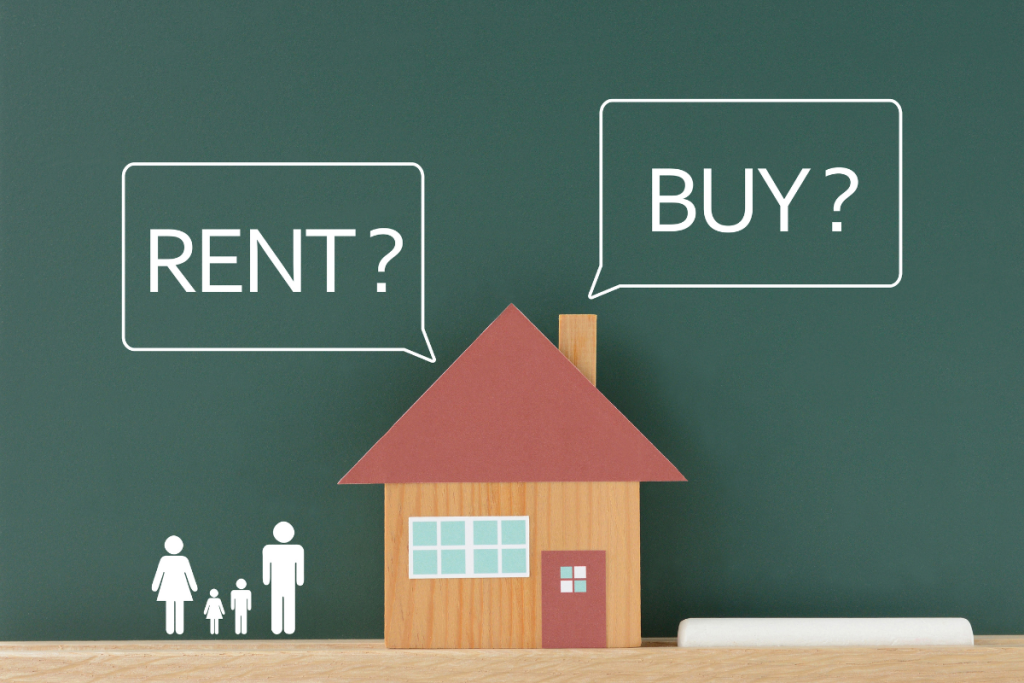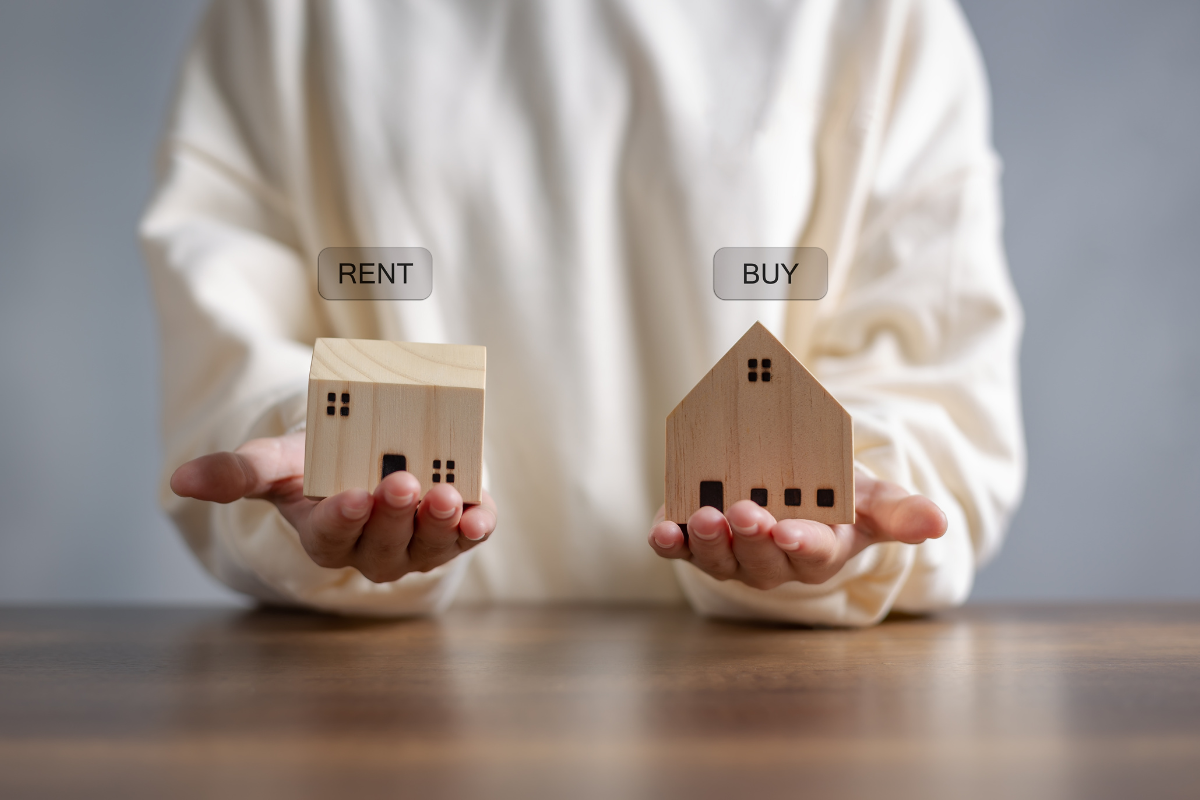For many Singaporeans, the question of whether to rent or buy a home—particularly with the help of a housing loan—is a complex financial and lifestyle decision. Both choices come with a unique set of advantages and challenges, and the right answer depends on personal circumstances, financial capability, long-term plans, and market conditions.
This article takes a deep dive into the differences between renting and buying with a loan in Singapore, exploring financial implications, emotional considerations, and lifestyle flexibility, to help you make an informed and grounded decision.
Home Ownership in Singapore: A Cultural and Policy Context
Singapore stands out globally in terms of home ownership rates—around 90% of its residents live in owner-occupied homes. This is largely due to deliberate public policy. The Housing & Development Board (HDB) provides subsidised flats to Singaporean citizens, and schemes such as CPF (Central Provident Fund) usage for home financing further encourage ownership.
Buying a home here isn’t just about shelter—it’s seen as a rite of passage, an investment, and a cornerstone of retirement planning. However, in recent years, renting has gained traction, especially among younger Singaporeans, expatriates, and those who value flexibility over long-term commitment.
Cost Comparison: Renting vs Buying
Initial Costs
Renting:
- Security deposit (usually one to two months of rent)
- Advance rent (one month)
- Agent commission (if applicable)
Buying with a Loan:
- Option fee (1–5% of property value depending on resale or BTO)
- Downpayment (minimum 5–25% depending on loan type)
- Legal fees
- Buyer’s Stamp Duty (BSD)
- Valuation fee
- Home loan administrative charges
Verdict: Renting involves much lower upfront costs compared to purchasing a home.
Monthly Costs
Renting:
- Monthly rent
- Utilities
- Internet
- Repairs (sometimes covered by landlord)
Buying with a Loan:
- Monthly mortgage repayments
- Property tax
- Fire insurance
- Conservancy charges
- Maintenance fees (for condos)
- CPF savings depletion (if CPF is used for repayments)
Let’s say you’re eyeing a 4-room HDB flat worth S$600,000. With a 25-year loan at 3% interest, the monthly mortgage repayment would be roughly S$2,850. Renting a similar unit might cost S$2,800–S$3,200 per month, depending on the area.
Verdict: Monthly costs can be surprisingly similar, although homeowners may benefit from equity building over time.
Asset Building and Equity
One of the most compelling arguments in favour of buying is the concept of building equity. Each mortgage payment increases your ownership of a real asset, which can appreciate in value over time. By contrast, rent payments do not result in asset ownership.
Appreciation Potential
Over the long term, Singapore’s property market—especially HDB resale flats and private condos in mature estates—has shown resilience. Despite cooling measures and market fluctuations, capital appreciation remains a potential upside.
However, it’s important to remember that HDB flats are on a 99-year lease, and value depreciation is a real concern for older flats nearing the end of their lease.
Verdict: Buying provides an avenue for wealth accumulation, while renting is strictly a consumption expense.
Flexibility and Lifestyle Considerations
Renting Offers:
- Mobility: You can relocate easily for work or lifestyle changes.
- Lower commitment: No need to stay put for decades.
- Risk mitigation: No exposure to interest rate hikes or property depreciation.
Buying Offers:
- Stability: Secure tenure and freedom to renovate.
- Pride of ownership: Emotional and cultural satisfaction.
- Predictability: Fixed home loan repayments with a fixed-rate mortgage.
For younger professionals or expatriates unsure of their long-term plans in Singapore, renting offers the flexibility they may need. For those seeking roots and stability, buying is often the more appealing route.
Impact of CPF Usage
Singapore’s CPF scheme allows buyers to use their Ordinary Account savings for downpayments, stamp duty, and even monthly mortgage repayments. This makes buying more accessible and reduces the burden of cash outlay.
However, CPF used for property financing will accrue accrued interest (currently 2.5% p.a.), which must be refunded when the house is sold. This can eat into the actual profits realised from capital gains.
Verdict: CPF usage makes home ownership more attainable, but it reduces the growth potential of retirement savings.
Opportunity Cost: What Could You Do Instead?
By choosing to rent, you might free up capital for investments with higher returns, such as equities or a diversified portfolio. Assuming a buyer commits S$150,000 in downpayment and upfront costs, this amount—if invested with a 5% annual return—could grow to over S$500,000 in 25 years.
If your property appreciates at less than 2–3% per annum, renting while investing the difference could outperform buying. Of course, this assumes disciplined and savvy investing—not everyone has the time, knowledge, or risk appetite for that.
Verdict: For financially literate individuals with stable investing returns, renting might make better sense over the long term.
Market Risks and Timing the Property Cycle
Buying at the wrong time can have lasting consequences. While Singapore’s property market is relatively stable, it’s not immune to downturns. Rising interest rates (as seen in recent years), changing government policies, and demographic shifts can all affect property values.
Renters avoid these risks entirely, but are exposed to potential rental inflation and landlord-related uncertainties.
Verdict: Buyers face asset risk; renters face tenure and cost unpredictability.
Regulatory Framework and Eligibility
In Singapore, there are strict eligibility criteria for buying public housing:
- Citizenship or PR status
- Minimum age (21 for BTO, 35 for singles buying resale)
- Income ceilings
- Ethnic integration quotas
Private property is more flexible but comes with higher price points and stamp duties.
Renting, on the other hand, is far less regulated. Both citizens and foreigners can rent with minimal restrictions, making it an accessible option for many.
Verdict: Renting is more accessible for singles, expats, and those who don’t meet HDB criteria.
Psychological and Emotional Considerations
Home ownership is deeply tied to one’s identity and sense of security in Singapore. For many, owning a flat represents success, stability, and legacy.
Renting, on the other hand, may be perceived as “throwing money away” or being “in limbo.” However, this perception is slowly shifting, especially among younger, globally mobile professionals who value flexibility over permanence.
There’s also the issue of mental load. Home ownership comes with maintenance responsibilities, housing upgrades, and financial planning. Renting reduces that load, but with the trade-off of limited control over your living space.
Verdict: Ownership brings emotional security; renting offers peace of mind in simplicity.
Final Comparison: Renting vs Buying with a Loan in Singapore
| Factor | Renting | Buying with a Loan |
|---|---|---|
| Upfront Cost | Low | High |
| Monthly Cost | Comparable | Comparable |
| Flexibility | High | Low |
| Asset Building | None | Yes |
| CPF Usage | No | Yes |
| Risk Exposure | Low | Medium to High |
| Emotional Security | Medium | High |
| Investment Opportunity | Higher | Lower |
| Eligibility | Broad | Restricted (HDB rules) |
Conclusion: Which One is Right for You?

There is no one-size-fits-all answer in the rent vs buy debate. Your ideal choice depends on your financial health, life stage, career mobility, and personal goals.
Consider renting if:
- You value flexibility and mobility.
- You are early in your career or unsure of long-term plans.
- You want to invest your capital elsewhere.
Consider buying if:
- You plan to stay in Singapore long-term.
- You are financially stable and eligible for CPF schemes.
- You value long-term security and asset building.
Ultimately, whether you rent or buy, the key is to align your housing decision with your broader life and financial aspirations. By taking a thoughtful, analytical approach—grounded in both numbers and personal context—you can make the right move for your future.


